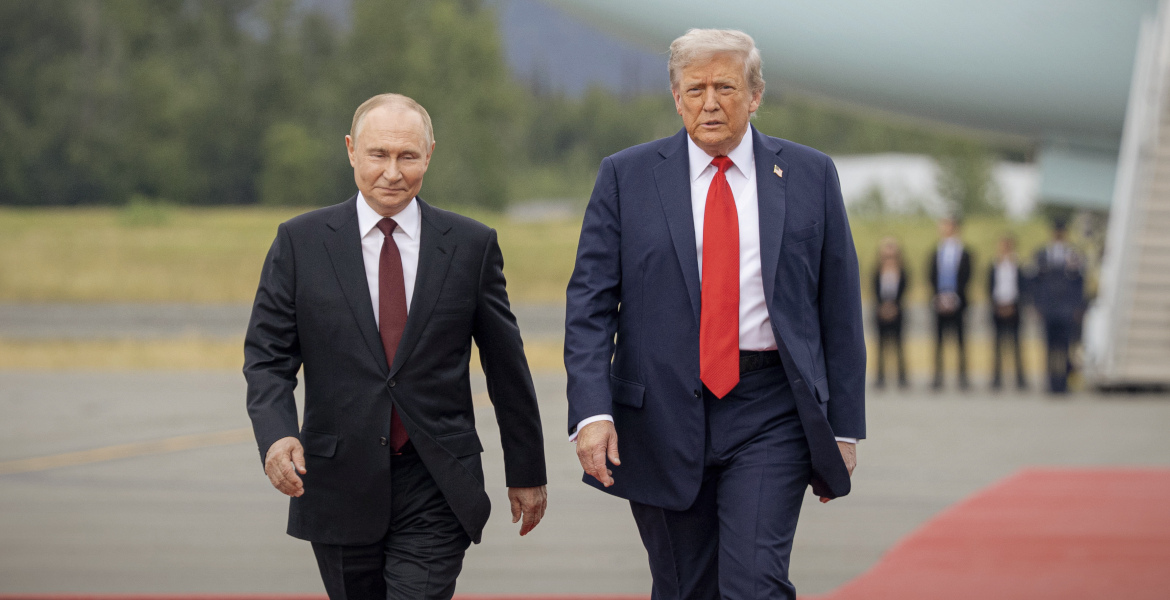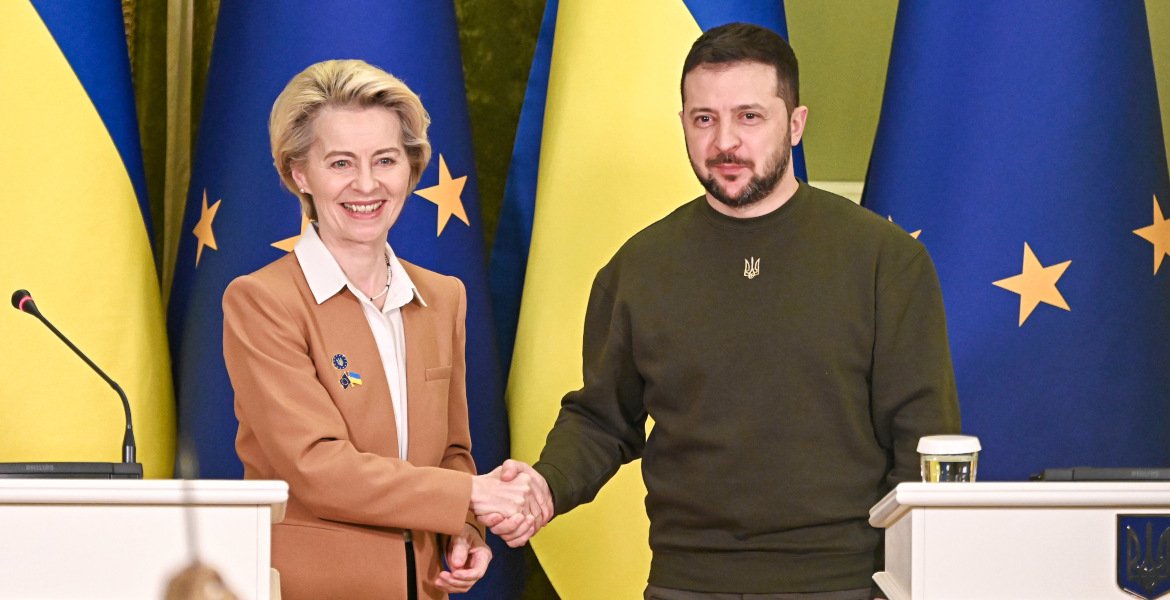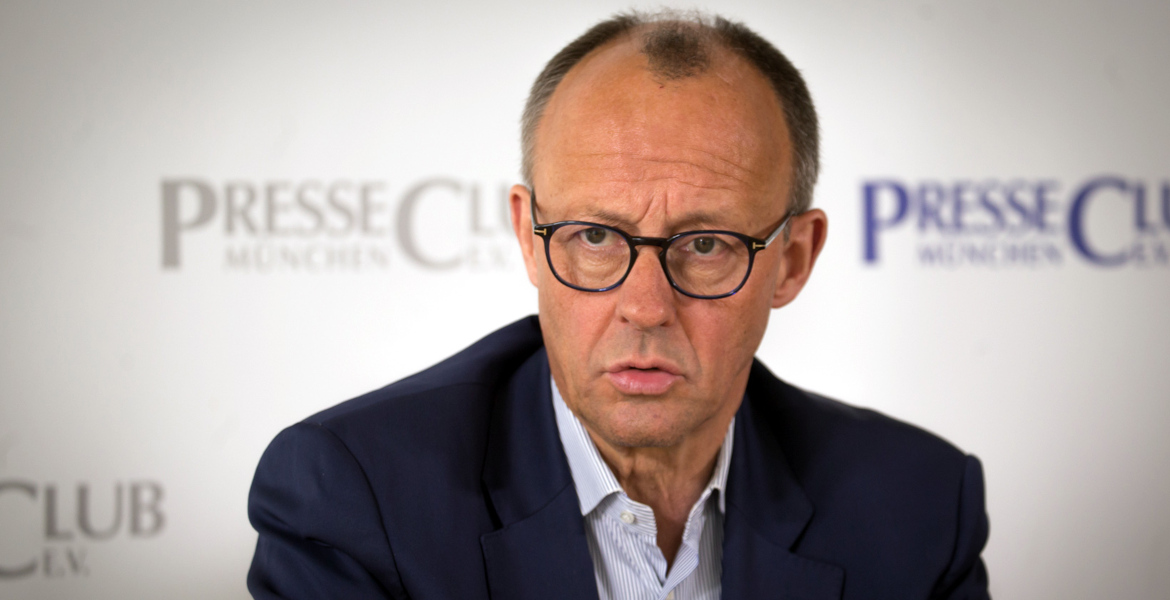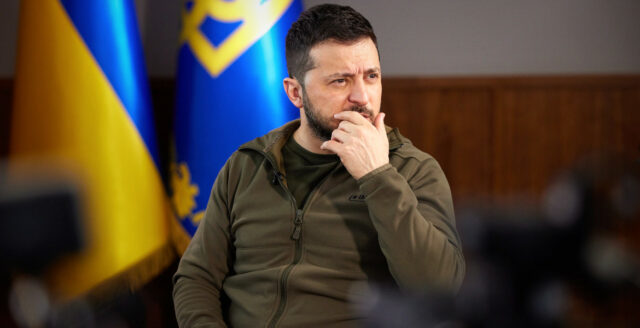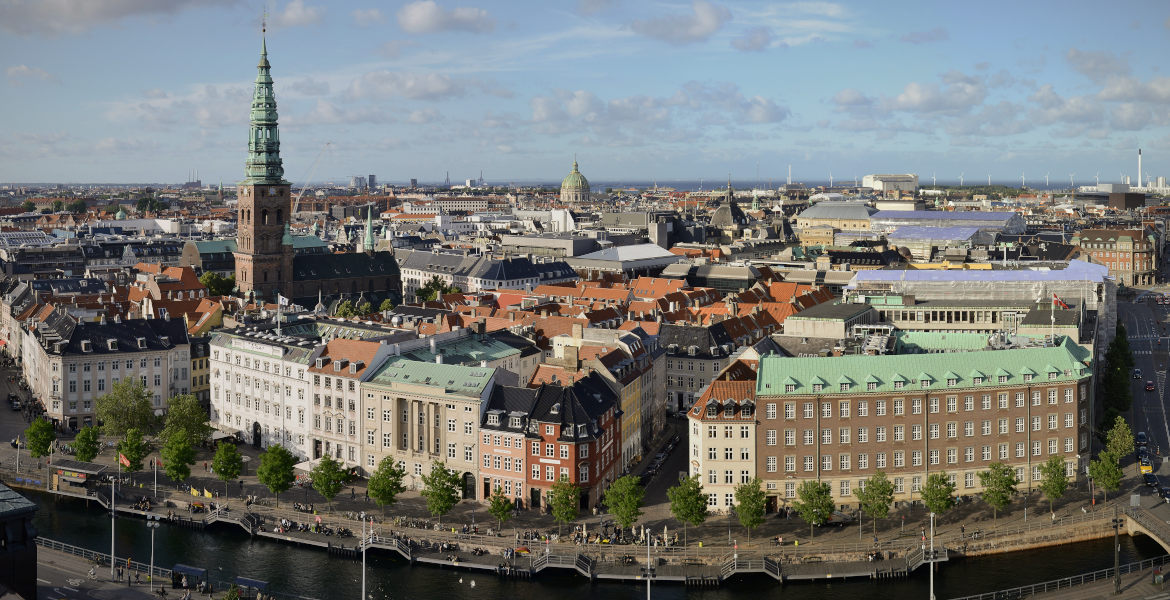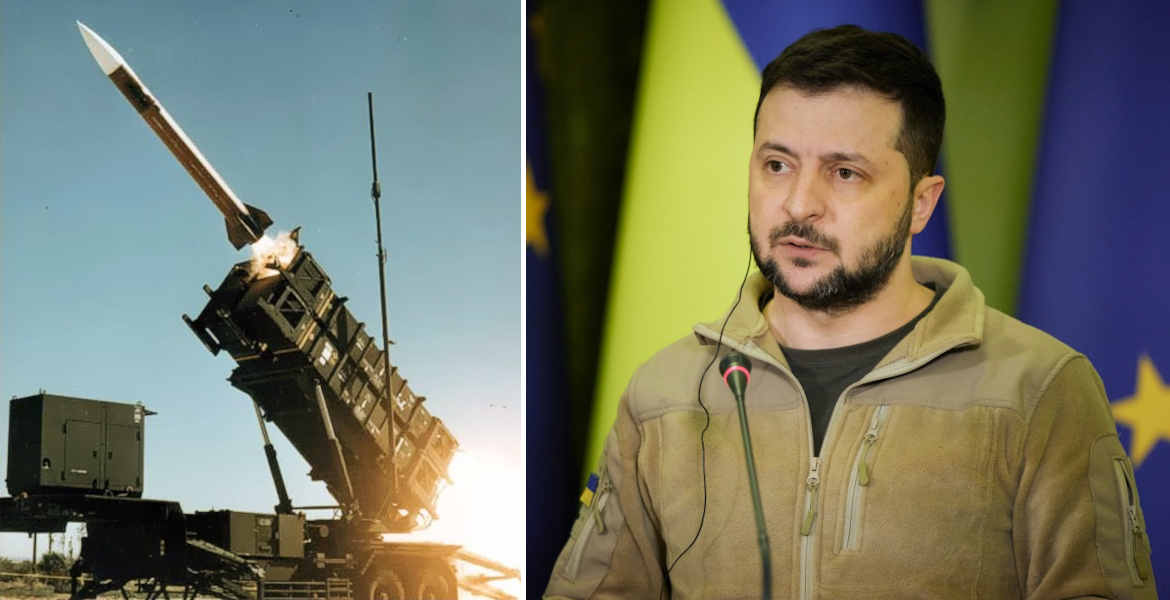Russian President Vladimir Putin has agreed that the USA and its European allies can offer Ukraine security guarantees similar to NATO's collective defense rule in case of attack. This was reported by Trump's envoy Steve Witkoff after the meeting between the two presidents.
Witkoff, who participated in the talks at a military base in Alaska, described the development as a breakthrough:
— It was the first time we had ever heard the Russians agree to that, he said, calling the whole thing "game-changing".
— We were able to win the following concession: that the United States could offer Article 5-like protection, which is one of the real reasons why Ukraine wants to be in NATO, Witkoff told in an interview with CNN.
Trump's envoy gave few details about how such an arrangement would work. However, the development represents a major change for Putin. It could be a solution to circumvent his opposition to Ukraine's NATO membership – something Kiev has long sought.
The issue is expected to be central during Monday's meeting at the White House, where Ukrainian President Volodymyr Zelensky and leading European leaders will discuss how the 3.5-year-long conflict can be brought to an end.
Trump Envoy Steve Witkoff to CNN: Trump and Putin agreed on extensive security guarantees for Ukraine, in the style of Article 5 (the mutual defense clause of NATO countries) from the US, and it was also agreed to change legislation in Russia not to attack or violate the… pic.twitter.com/3h7HokTrfd
— Breaking News (@TheNewsTrending) August 17, 2025
Article 5 as model
Article 5 forms the heart of the US-led military alliance NATO. It states that an armed attack against one member country is considered an attack against all member countries.
Secretary of State Marco Rubio, who also participated in the summit, emphasized that this week's talks focus on designing the structure of the security guarantees:
— How that’s constructed, what we call it, how it’s built, what guarantees are built into it that are enforceable, that’s what we’ll be talking about over the next few days with our partners, Rubio said, describing it as a "major concession" by Russia.
The U.S. is “going to be working on” outlining security guarantees for Ukraine with European leaders, says Secretary of State Marco Rubio, but notes it will “be tough” to come to an agreement on where territorial lines are drawn.
“There has to be some discussion about security… pic.twitter.com/qGKVTr9vn9
— Face The Nation (@FaceTheNation) August 17, 2025
Witkoff also revealed that Russia has agreed to introduce legislation ensuring they do not "attack or violate the sovereignty of any territory".
— The Russians agreed on enshrining legislatively language that would prevent them from – or that they would attest to not attempting to take any more land from Ukraine after a peace deal, where they would attest to not violating any European borders.
European Commission President Ursula von der Leyen welcomed the news from the White House when she spoke in Brussels together with Zelenskyy. Meanwhile, a European coalition is planning to create a military force to monitor a future peace in Ukraine:
— We welcome President Trump’s willingness to contribute to Article 5-like security guarantees for Ukraine and the ‘coalition of the willing’ – including the European Union – is ready to do its share, she said.
Zelensky demands practical guarantees
Zelensky in turn thanked the USA for the signal of support for the guarantees, but claimed that much is still unclear:
— There are no details how it will work, and what America’s role will be, Europe’s role will be and what the EU can do – and this is our main task: We need security to work in practice like Article 5 of NATO.
French President Emmanuel Macron emphasized that the content of the security guarantees is more important than what they are called:
— We’ll show this to our American colleagues, and we’ll tell them, ‘Right, we’re ready to do this and that, what are you prepared to do?’ That’s the security guarantee, Macron said.
"Will have consequences"
Witkoff and Rubio also defended Trump's decision to abandon demands for a ceasefire in favor of a complete peace agreement. They stated that significant progress was made during the meeting:
— We covered almost all the other issues necessary for a peace deal. We began to see some moderation in the way they’re thinking about getting to a final peace deal, Witkoff said without going into details.
Rubio, who is also Trump's national security advisor, explained that a ceasefire was impossible on Friday because Ukraine was not present:
— Ultimately, if there isn’t a peace agreement, if there isn’t an end of this war, the president’s been clear, there are going to be consequences. But we are trying to avoid that.
— We’re still a long ways off. We’re not at the precipice of a peace agreement. We’re not at the edge of one. But I do think progress was made towards one, he continued.
Territorial concessions on the agenda
A central question for Monday's meeting is what territorial concessions Zelensky can accept. After the meeting with Trump, Putin repeated his demands for Donetsk and Luhansk in the Donbas region, but it is unclear whether Trump sees this as acceptable.
I have already arrived in Washington, tomorrow I am meeting with President Trump. Tomorrow we are also speaking with European leaders. I am grateful to @POTUS for the invitation. We all share a strong desire to end this war quickly and reliably. And peace must be lasting. Not…
— Volodymyr Zelenskyy / Володимир Зеленський (@ZelenskyyUa) August 18, 2025
Witkoff added that Russia wants territory based on legal borders, not battle lines:
— There is an important discussion to be had with regard to Donetsk and what would happen there. And that discussion is going to specifically be detailed on Monday.
Zelensky has so far rejected Putin's demands that Ukraine give up the Donbass region – which Russia does not yet fully control – as a condition for peace. In Brussels, he recently claimed that "the constitution of Ukraine makes it impossible to give up territory or trade land".
